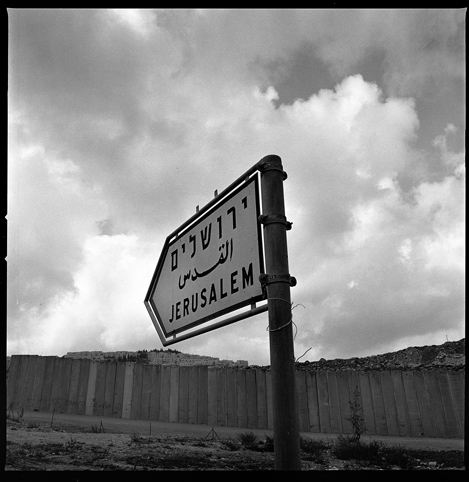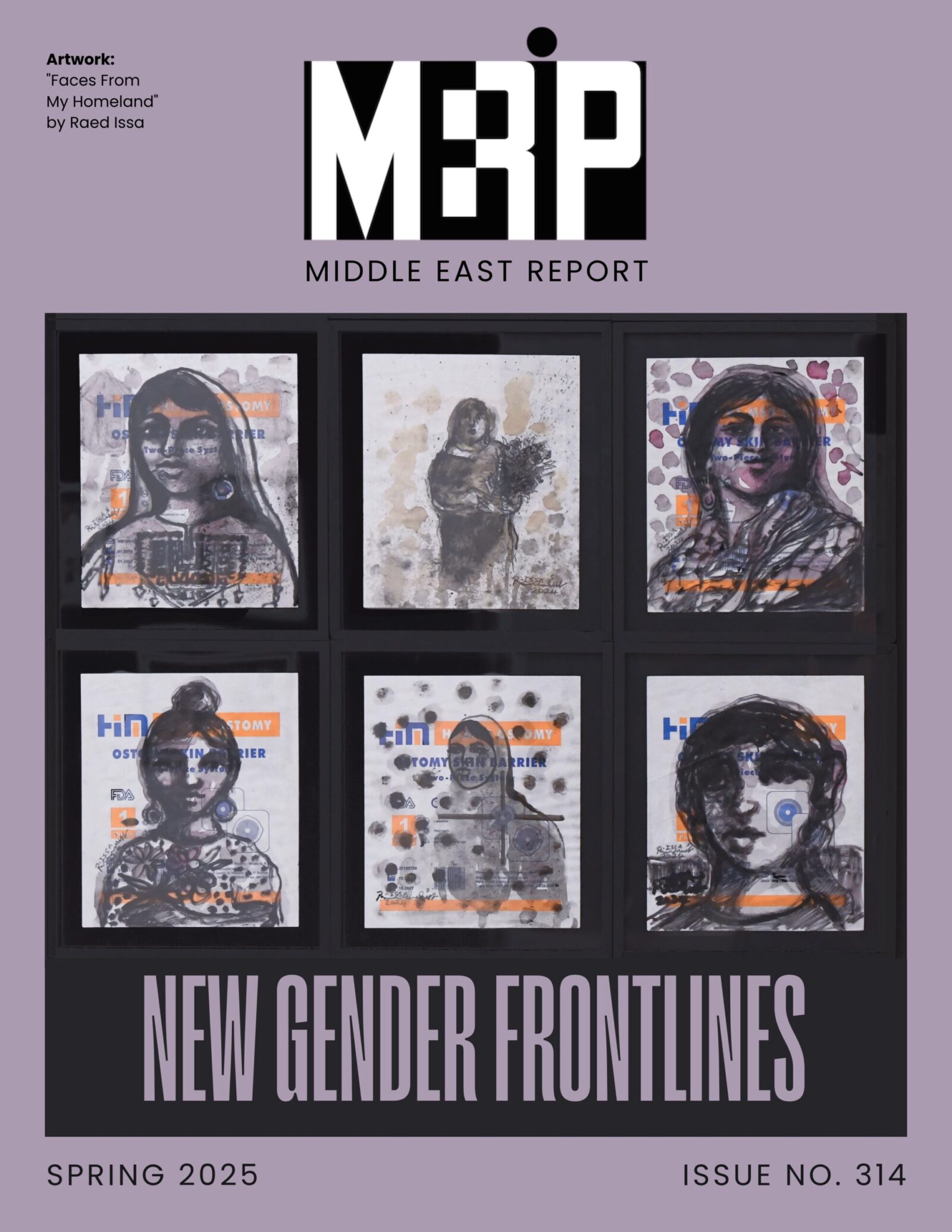IN THIS ISSUE:
Status-less in Cyber City
When refugees from the Syrian war first began to stream into Jordan, the Jordanian Ministry of Interior registered the newcomers and placed them in the care of families, under the kafala system, mainly in the capital of Amman. The kafala or guardianship system has roots in Bedouin customs, but in modern times the term refers to how many Arab states handle migrant workers. A citizen or a company, known as a kafil, sponsors the migrant for a work visa and residency permit. At first this system accepted everyone, regardless of nationality or legal status—including 55 Palestinian families coming from Syria.
Send My Regards to Your Mother
I.
I sometimes refer to my college years in Saudi Arabia as “doing time.” But early in those years I did some time that almost did me in—and my mother, too.
I had spent high school in Bahrain as a boarder. My father pressured me to attend university near our house in Dhahran, where he worked as a contractor on the US military base.
The Moroccan Prison in Literature and Architecture
In seventeenth-century Morocco, the scholar Abu ‘Ali al-Hasan Ibn Mas‘ud al-Yusi admonished the reigning Sultan Mawlay Isma‘il in writing. His much quoted letter, the “short epistle” or al-risala al-sughra, instructed the ruler to avoid injustice and oppression. Mawlay Isma‘il was second in line as sultan following the establishment in 1664 of the ‘Alawi dynasty, whose descendants Hassan II (1961-1999) and his son Mohammed VI (1999- ) have ruled as kings of Morocco.
Breaking the Silence of Tadmor Military Prison
In 2001, following a general amnesty for several hundred political prisoners, the Syrian government reportedly closed its most infamous detention center—the Tadmor military prison. Human rights organizations, both local and international, had made Tadmor the subject of intense scrutiny from the 1980s onward. Amnesty International described the prison as “synonymous with suffering,” citing inmates’ daily exposure to torture, deliberate humiliation and degradation, and dangerous physical conditions, as well as the risk of summary execution.
CURRENT ANALYSIS
Jerusalem Mixed and Unmixed
The popular Israeli television series, Arab Labor, follows the lives of the fictional journalist Amjad and his family, all of whom are Palestinian citizens of Israel. Season one of the series, which first aired on Israeli public television in 2007, introduces Amjad and his endearingly unquenchable faith in humanity. Tired of living in his natal village, Amjad moves his family to a Jewish neighborhood in Jerusalem, replete with strong water pressure in the shower, manicured parks and gardens, and what he thinks is the freedom to live out his dream of integration into Israeli society.
Solidaridad con Gaza, La Segunda Parte
Latin American solidarity movements with Palestine are starting to win important political battles.
Covering the Coverage
Three weeks into Israel’s military campaign against Gaza, media and observers are turning the lens inward on the coverage itself. NBC was the focus of the conversation after the network recalled its correspondent in Gaza, Ayman Mohyeldin, shortly after he filed a powerful report on the killing of four boys playing on a Gaza beach. A barrage of criticism on social media spurred network executives to return Mohyeldin to his post, but MSNBC’s Rula Jabreal was not so lucky. Jabreal lost her contract with the network after she criticized its bias and that of American media on the whole.
LATEST ISSUES
FEATURED PRIMER

Primer: Palestine-Israel
Read the newest iteration of MERIP’s Palestine primer. Published in March 2025, and updated to reflect developments in the ten years since our previous primer, it provides an overview of key actors, organizations, historic events, political developments and diplomatic initiatives that have shaped the status and fate of Palestinians and the State of Israel from the late nineteenth century to the present.


